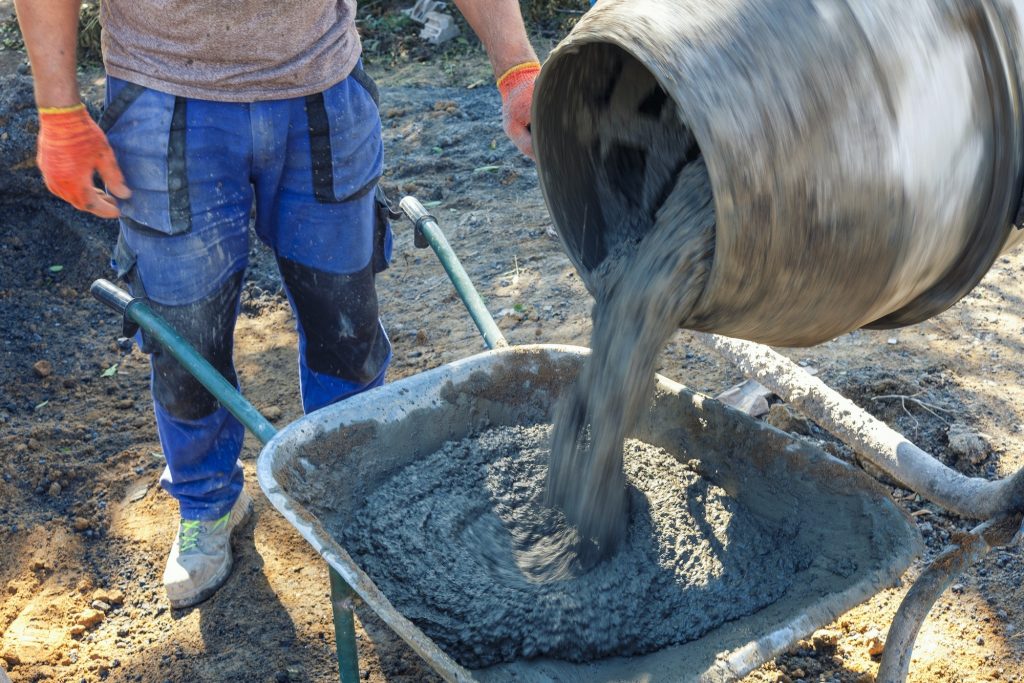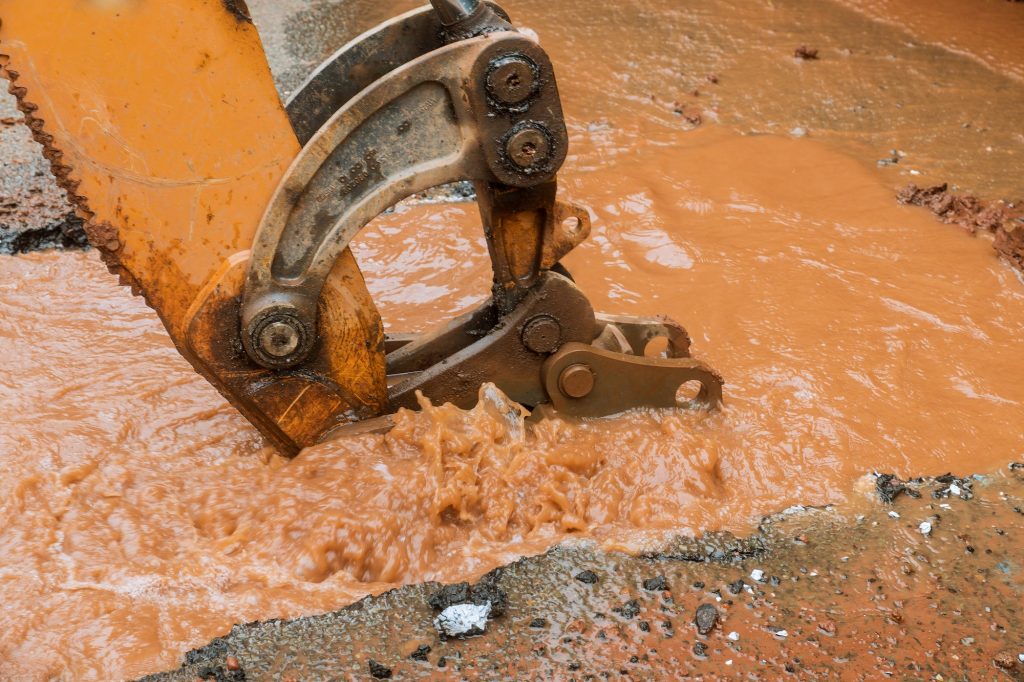Reverse osmosis (RO) is a popular water filtration system that has gained a lot of attention in recent years. It is a process that removes impurities from water, making it safe for consumption. While there are many benefits to using an RO system, there are also some drawbacks to consider before making a purchase. In this article, we will explore the pros and cons of reverse osmosis and help you determine if it is the right water filtration system for you.
Reverse osmosis, water cleaning filterWhat is Reverse Osmosis?
Reverse osmosis is a process that uses a semi-permeable membrane to remove impurities from water. When water is passed through the membrane, the impurities are trapped, and clean water is produced. This process is commonly used in both residential and commercial settings and is often used as a final step in the water treatment process.
The Pros of Reverse Osmosis
Removes Impurities
One of the biggest advantages of reverse osmosis is that it removes impurities from water. This includes bacteria, viruses, and other contaminants that can be harmful to your health. RO systems can also remove dissolved solids, such as minerals and salts, that can affect the taste and smell of your water.
Cost-effective
Reverse osmosis systems are relatively affordable and can save you money in the long run. By removing impurities from your water, you can reduce the need to purchase bottled water or expensive filtration systems. RO systems are also easy to maintain and require little upkeep, making them a cost-effective option for many homeowners.
Environmentally Friendly
Using a reverse osmosis system can also be environmentally friendly. By reducing the need for bottled water, you can help reduce plastic waste and save energy. RO systems also use less water than other filtration systems, making them a more sustainable option for many households.
Easy to Install
Reverse osmosis systems are easy to install and can be set up in a matter of hours. They require no special plumbing or electrical work, making them a great option for DIY enthusiasts.
The Cons of Reverse Osmosis
Removes Minerals
While removing impurities from your water can be beneficial, reverse osmosis systems also remove minerals that are important for your health. These minerals, such as calcium and magnesium, are essential for strong bones and teeth and can also help regulate your blood pressure.
Wastes Water
Reverse osmosis systems can also waste a lot of water. In fact, for every gallon of purified water produced, an RO system can waste anywhere from two to four gallons of water. This can be a concern for those who live in areas with limited water supplies or who are on a well system.
Requires Maintenance
While reverse osmosis systems are easy to install, they do require regular maintenance. The membrane and filters must be replaced periodically to ensure that the system is working properly. This can be an added cost and inconvenience for some homeowners.
Is Reverse Osmosis Right for You?
So, is reverse osmosis the right water filtration system for you? It ultimately depends on your specific needs and concerns. If you are looking for a cost-effective and easy-to-install system that removes impurities from your water, reverse osmosis may be a great option for you. However, if you are concerned about the removal of essential minerals or the waste of water, you may want to consider other filtration systems.
In conclusion, reverse osmosis is a popular water filtration system that has both pros and cons. While it can remove impurities from water and save you money in the long run, it can also remove essential minerals and waste water. If you are considering a reverse osmosis system, be sure to weigh the pros and cons carefully and determine if it is the right option for your home.



